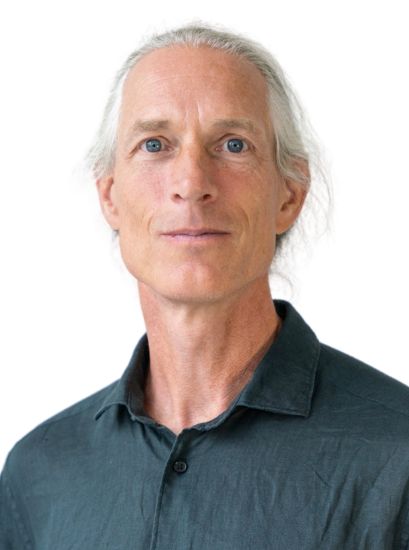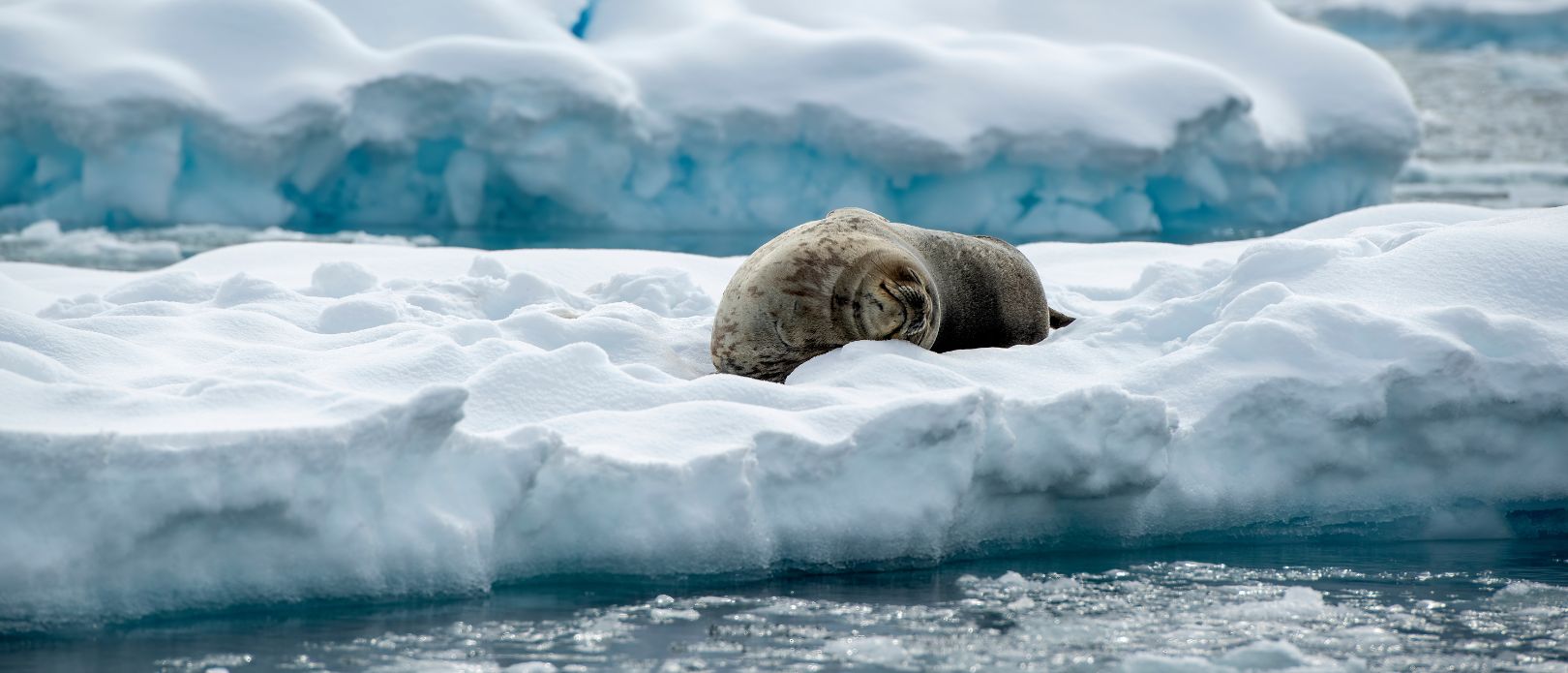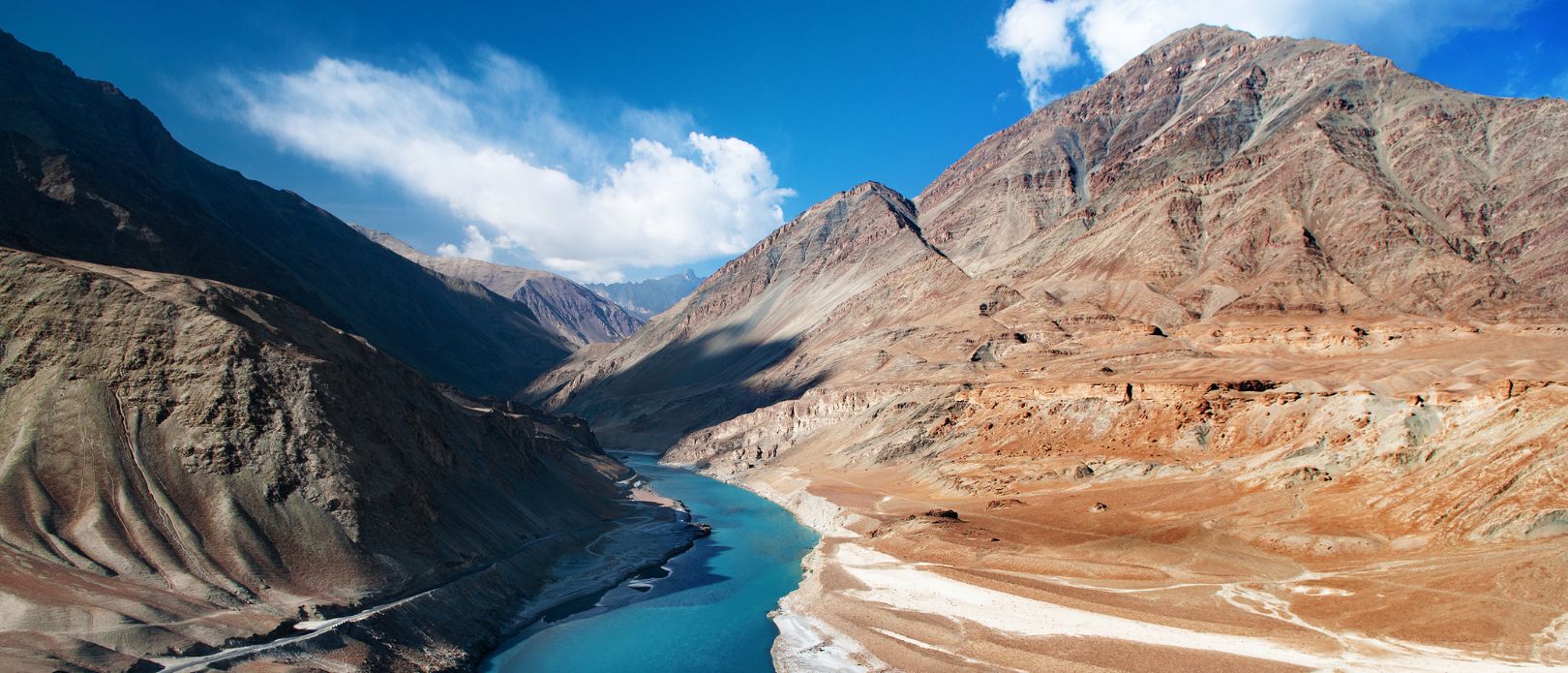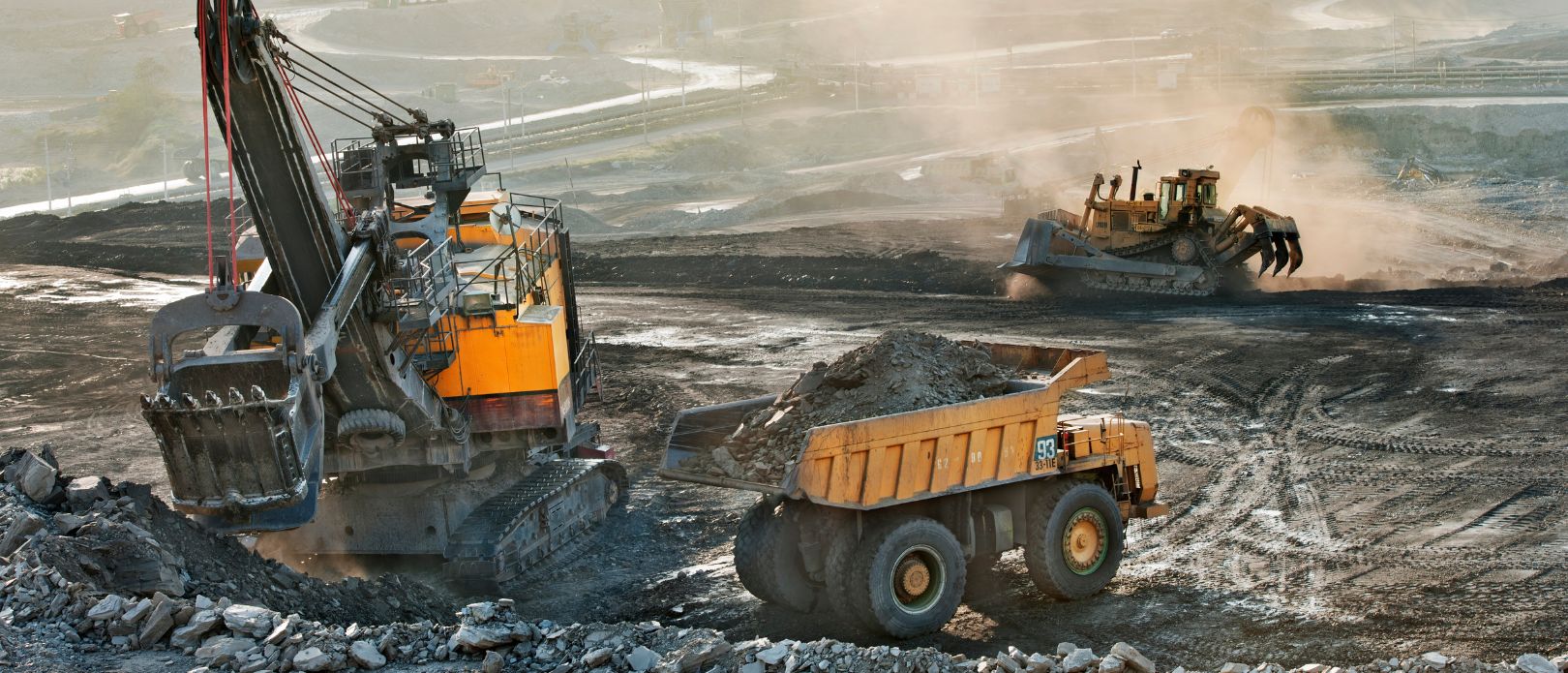- Ingo has a PhD in marine ecology from the University of Bremen/Alfred-Wegner Institute for Marine and Polar Research
- Within the planetary boundary he investigates how
controlling processes in whole
earth systems interact - A major research aim is to trace planetary boundaries,
test and compare different modeling approaches towards more detailed
and spatially explicit models
Ingo Fetzer's research looks at how multiple stressors interact across global to local scales, and how they affect system stability, related to the planetary boundaries, global dynamics and -stability, and sustainable food production
He has strong interest in whole system processes and investigates the interaction of multiple stressors across scales - global to local - and their interactions on systems' stabilities. This includes identifying relevant factors, examination and visualization of large datasets, and investigation of system dynamics applying various statistical methods. He is also interested in how structural characteristics within systems help to maintain resilience and resistance towards disturbances with special emphasis understanding non-linear regime shifts and alternative stable states.
Within the planetary boundary research he intends to investigate how already identified and potential main controlling processes in whole earth systems interact and how disturbances on small temporal and spatial scales can result in emergent pattern on global scale or may create propagating effects on longer timescales. One of his major research aims is identify stable and desirable "just and safe operating space" for human beings, trace planetary boundaries, test and compare different modeling approaches towards more detailed and spatially explicit models.
Fetzer has a PhD in marine ecology (University of Bremen/Alfred-Wegner Institute for Marine and Polar Research) but recently also worked in the fields of microbiology, theoretical ecology, bioinformatics and ecological modeling. To study the dynamics of the biosphere in the Anthropocene, lately he expanded his research field, investigating planetary boundary issues applying the LPJmL Dynamic Global Vegetation Model.





